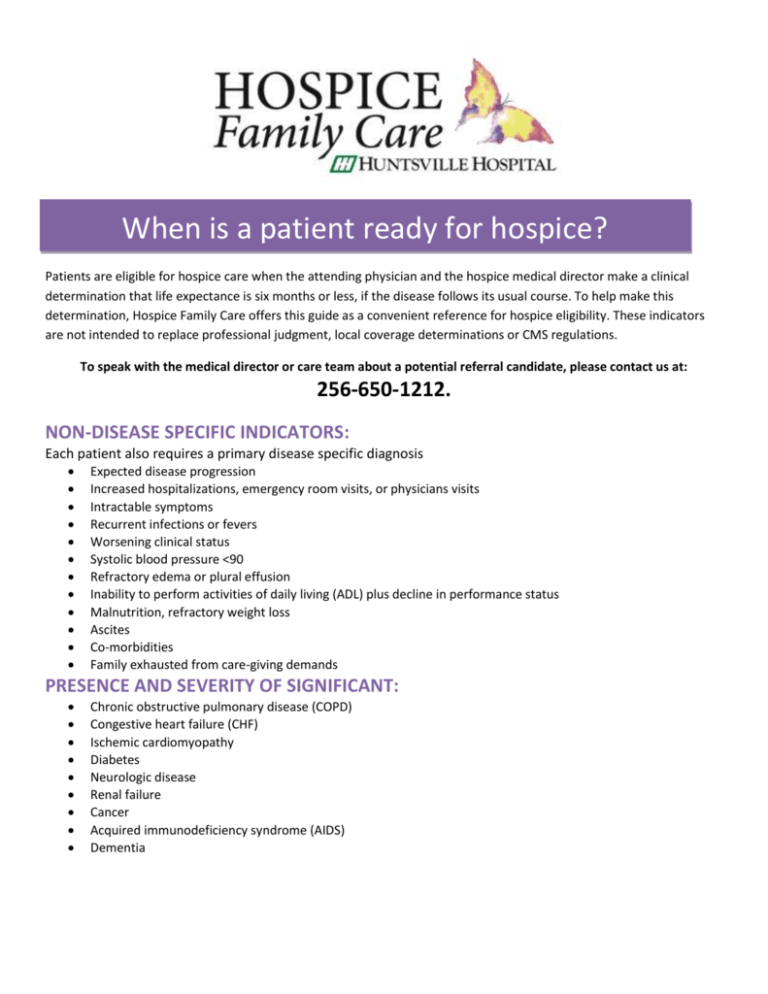Embracing Comfort: The Bright Side of Hospice Care
In times of great need, hospice care offers a beacon of light and comfort for individuals and their families facing the challenges of terminal illness. This specialized form of care focuses on enhancing quality of life and providing support and relief through a compassionate and holistic approach. While the idea of hospice care may evoke emotions of sadness or trepidation, it is essential to acknowledge the profound advantages and positive aspects that this type of care can bring to those going through difficult circumstances.
Benefits of Hospice Care
Hospice care provides a support system for both patients and their families, offering comfort and assistance during a challenging time. Patients have the opportunity to receive care in the familiar surroundings of their own home, promoting a sense of peace and continuity. This personalized care focuses on managing symptoms and pain to ensure the highest level of comfort and quality of life.
In addition to the physical care provided, hospice care also addresses the emotional and spiritual needs of patients and their families. This holistic approach encompasses counseling and support services to help individuals navigate their feelings and find solace during this difficult journey. By offering emotional support and guidance, hospice care helps promote a sense of acceptance and closure.

Furthermore, hospice care emphasizes the importance of maintaining dignity and respect for patients throughout their end-of-life journey. By honoring the individual's preferences and values, hospice care ensures that each person's unique wishes are respected and upheld. This focus on dignity and respect contributes to creating a peaceful and meaningful experience for both the patient and their loved ones.
Emotional Support for Patients and Families
Hospice care offers a beacon of emotional support for patients and families facing difficult end-of-life transitions. Through compassionate listening and genuine empathy, the interdisciplinary hospice team provides a comforting presence that goes beyond medical treatment.
In the midst of uncertainty and fear, hospice care serves as a source of solace and reassurance. Patients find comfort in knowing that their physical symptoms are being managed effectively, while their emotional well-being is also prioritized. Likewise, families are guided through the emotional challenges of accepting and navigating the impending loss of a loved one.
Furthermore, the emotional support within hospice care extends beyond the individual patient to encompass the entire family unit. By fostering open communication and creating a supportive environment, hospice care helps families confront complex emotions together, fostering deeper connections and allowing for moments of vulnerability and healing.
End-of-Life Planning
In the midst of navigating the emotions and uncertainties that come with a terminal illness, hospice care provides a valuable opportunity for individuals and their families to engage in end-of-life planning. This crucial aspect of care allows for important decisions to be made in advance, ensuring that the individual's wishes are honored and respected.
By discussing and outlining preferences for medical treatment and comfort care, individuals under hospice care can experience peace of mind knowing that they have a say in their healthcare journey. This proactive approach to end-of-life planning not only empowers patients to make choices aligned with their values and beliefs, but also relieves their loved ones of the burden of making difficult decisions during a challenging time.
In addition to medical and practical considerations, end-of-life planning in the context of hospice care extends to emotional and spiritual aspects as well. Engaging in open and honest conversations about fears, hopes, and legacy allows individuals to find closure and connect with their loved ones on a deeper level. This holistic approach fosters a sense of comfort and understanding, creating a supportive environment where emotional well-being is prioritized.